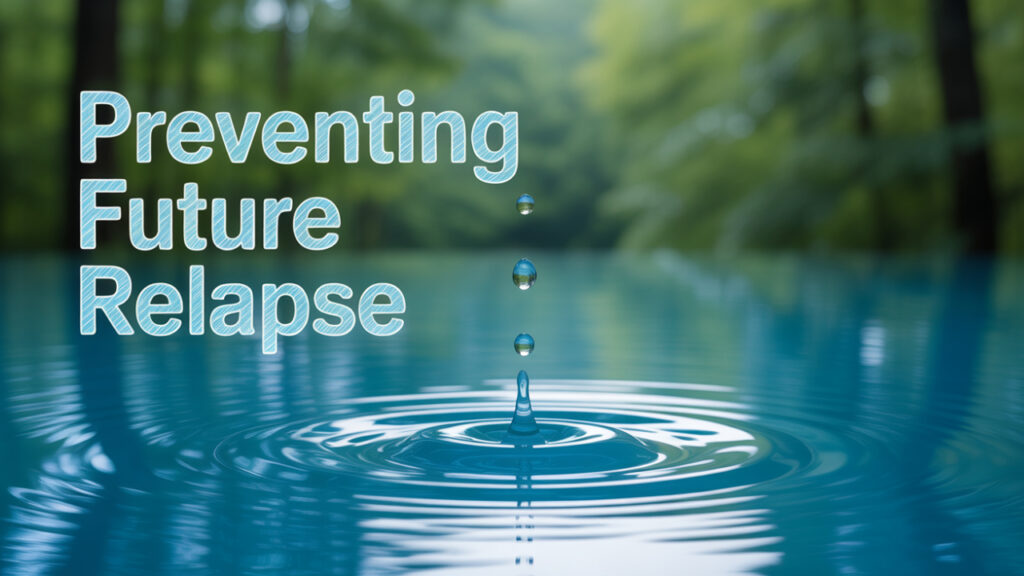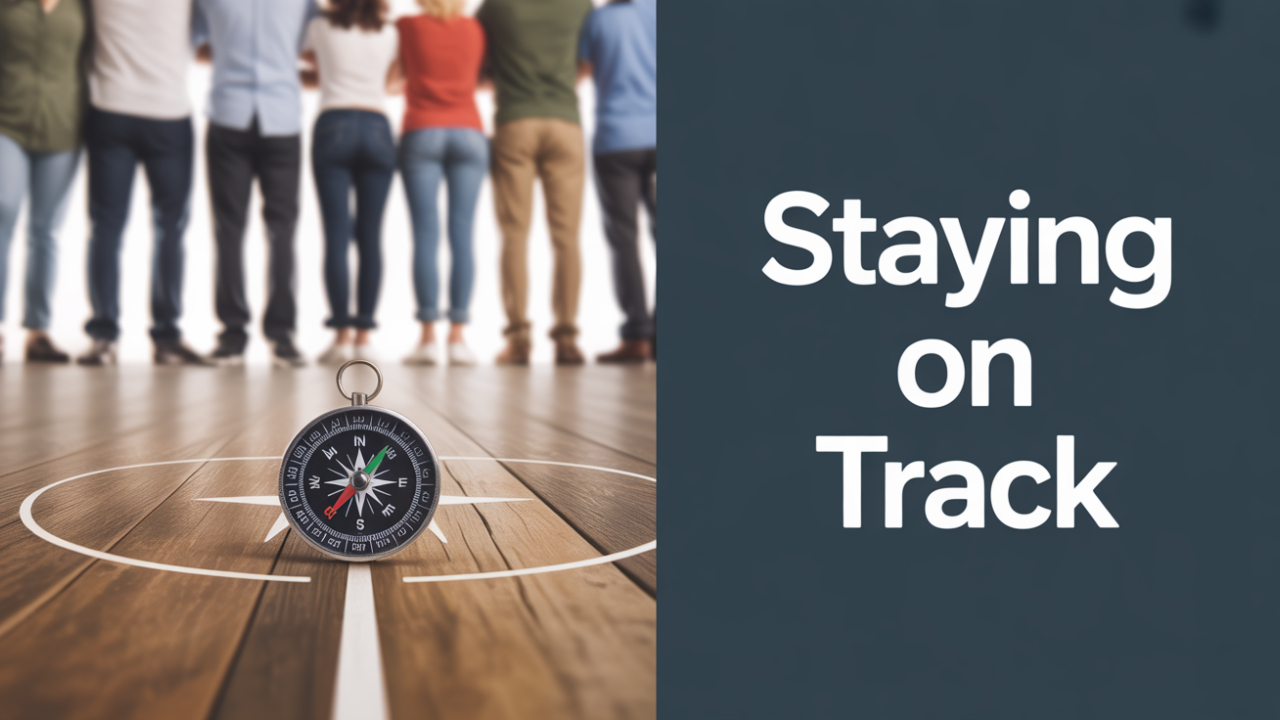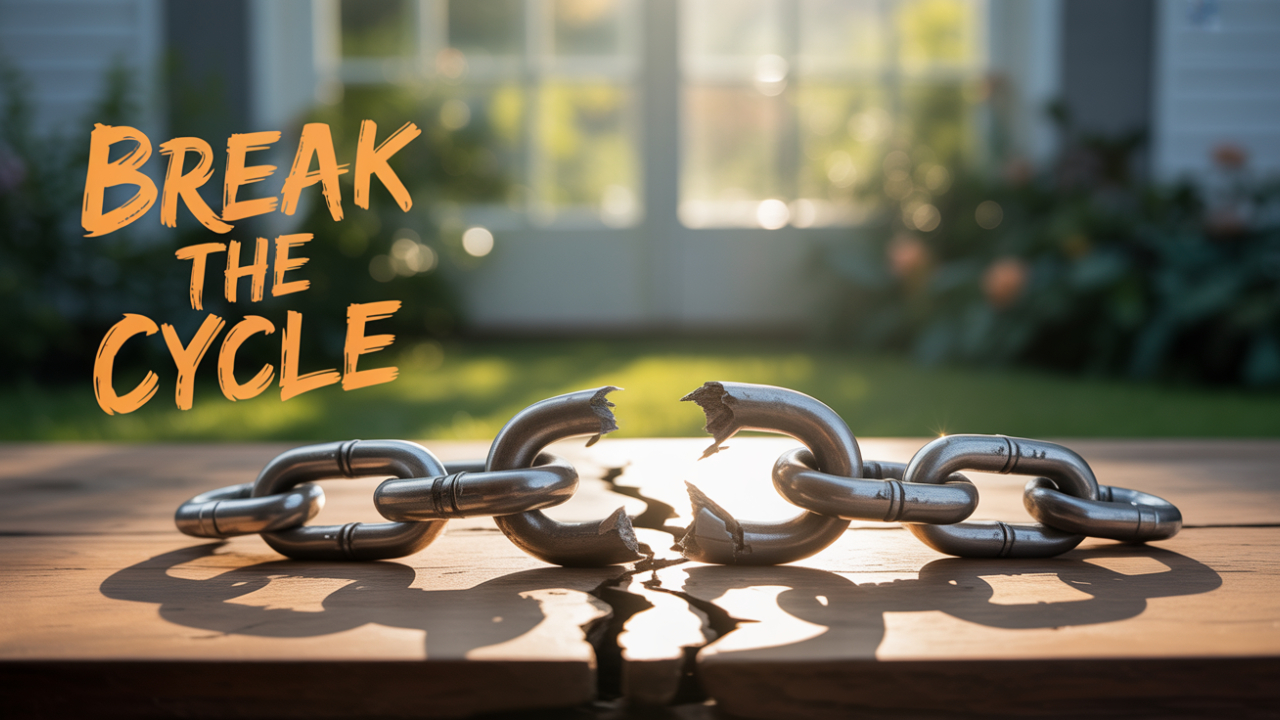
What Is Relapse Prevention?
Relapse prevention is a treatment approach that helps people in recovery avoid returning to drug or alcohol use. It focuses on identifying personal triggers, building healthy coping skills, and creating a lifestyle that supports sobriety. At Beginnings Treatment in Orange County, we use relapse prevention strategies to give clients the tools they need for long-term recovery.
Relapse can occur at any stage of recovery. It does not mean treatment has failed, but it is a sign that adjustments are needed. The goal of relapse prevention is to reduce the risk of returning to substance use and to build confidence in handling life without drugs or alcohol.
Understanding Relapse
Relapse is more than a single event. It is often a process that begins with emotional and mental changes before physical use happens. Experts often describe three stages of relapse:
Emotional Relapse – The person is not thinking about using, but stress, mood changes, or poor self-care start to weaken their recovery foundation.
Mental Relapse – The person begins to think about using, remembers the perceived positives of past use, and struggles with the urge to resist.
Physical Relapse – The person uses drugs or alcohol again.
Knowing these stages helps people recognize warning signs early so they can take action before a physical relapse occurs.
Why Relapse Prevention Is Important
Recovery is an ongoing process. Even after detox or treatment, challenges like stress, social situations, or life changes can trigger the desire to use again. Relapse prevention helps by:
Giving people skills to manage cravings.
Teaching how to respond to high-risk situations.
Building awareness of personal triggers.
Encouraging healthy daily routines.
Strengthening mental health.
Without relapse prevention strategies, the risk of returning to old habits increases. With the right tools, people can face challenges without turning back to drugs or alcohol.
Common Triggers for Relapse
Everyone’s triggers are different, but common ones include:
Stress – Work pressure, relationship issues, or financial problems can lead to cravings.
Social Settings – Being around people who are using or in places connected to past use.
Negative Emotions – Anger, sadness, loneliness, or boredom can create a desire to escape.
Positive Emotions – Celebrations and happy events can also trigger the thought, “I can have just one.”
Overconfidence – Believing recovery is “finished” and ignoring warning signs.
Relapse prevention teaches people how to handle these triggers without returning to substance use.

Key Relapse Prevention Strategies
Effective relapse prevention combines several tools and approaches. At Beginnings Treatment, we focus on proven methods that support long-term recovery.
1. Identifying Triggers
The first step is learning what situations, feelings, or thoughts can lead to cravings. Keeping a journal can help track patterns and spot warning signs.
2. Developing Coping Skills
Healthy coping skills replace old habits. Examples include exercise, meditation, creative hobbies, and talking to a supportive friend or therapist.
3. Building a Support Network
Recovery is stronger with support. This can include friends, family, peers from support groups, and treatment professionals.
4. Managing Cravings
Techniques like deep breathing, grounding exercises, or distraction methods can help cravings pass without acting on them.
5. Creating a Structured Routine
A daily schedule that includes healthy activities, work, and rest helps reduce idle time and negative thinking.
6. Ongoing Therapy
Continued therapy, whether individual or group-based, gives a safe place to process challenges and strengthen skills.

The Role of Therapy in Relapse Prevention
Therapy is a core part of relapse prevention. Common approaches include:
Cognitive Behavioral Therapy (CBT) – Helps people identify and change thoughts and behaviors that can lead to relapse.
Dialectical Behavior Therapy (DBT) – Teaches emotional regulation, distress tolerance, and mindfulness.
Motivational Interviewing (MI) – Strengthens personal motivation to stay sober.
Group Therapy – Offers peer support and shared learning experiences.
Therapy can address co-occurring mental health conditions, such as anxiety or depression, that may contribute to relapse risk.
Creating a Relapse Prevention Plan
A relapse prevention plan is a personalized guide that outlines specific steps to stay sober. This plan usually includes:
A list of personal triggers.
Warning signs to watch for.
Healthy coping strategies.
Emergency contacts.
Steps to take if a relapse happens.
Having this plan written down makes it easier to respond quickly when challenges arise.
What to Do If a Relapse Happens
Relapse can be discouraging, but it is not the end of recovery. The most important step is to act quickly:
Stop using immediately and seek help from a trusted person or treatment provider.
Identify what led to the relapse to prevent it from happening again.
Re-engage in treatment or support groups to rebuild stability.
Avoid self-blame and focus on learning from the experience.
At Beginnings Treatment, we help clients understand that relapse is a signal to strengthen recovery skills, not a reason to give up.

Lifestyle Changes That Support Relapse Prevention
Sustaining sobriety often requires making changes in daily life. Positive changes include:
Healthy Diet – Nutrition supports physical and mental health.
Regular Exercise – Reduces stress and boosts mood.
Adequate Sleep – Improves emotional balance and focus.
New Hobbies – Encourages positive use of free time.
Positive Social Circles – Surrounding yourself with people who support sobriety.
These changes build resilience and make relapse less likely.
The Connection Between Mental Health and Relapse Prevention
Many people in recovery have co-occurring mental health disorders. Conditions like depression, anxiety, or trauma can increase relapse risk. Treating both substance use and mental health at the same time gives the best chance for long-term success.
Beginnings Treatment offers dual diagnosis care that addresses both issues together. This integrated approach ensures clients receive complete support.
Long-Term Commitment to Recovery
Relapse prevention is not a one-time task. It is an ongoing part of recovery. As life changes, new triggers may appear, and strategies may need to be adjusted. Staying connected to support, practicing healthy habits, and continuing personal growth all play a role in preventing relapse.
Relapse Prevention at Beginnings Treatment
At Beginnings Treatment in Orange County, we believe relapse prevention is essential to lasting recovery. Our programs include:
Individual and group therapy.
Education on addiction and recovery.
Skills training for managing cravings and triggers.
Support for building a healthy, balanced life.
We guide clients in creating personalized relapse prevention plans so they can face the future with confidence.
Final Thoughts
Relapse prevention is about preparation, awareness, and support. It gives people the tools to handle challenges without returning to substance use. With the right strategies, recovery can be maintained for life.
If you or someone you love needs help with relapse prevention, Beginnings Treatment is here to provide expert care and ongoing support. Call us today to learn more about our programs.
Frequently Asked Questions About Relapse Prevention
1. What is the main goal of relapse prevention?
The main goal of relapse prevention is to help individuals maintain sobriety by recognizing early warning signs and managing triggers before they lead to substance use. It involves developing coping skills, building a support network, and creating a lifestyle that reduces the risk of relapse. A solid plan empowers people to handle challenges without turning back to drugs or alcohol.
2. Can relapse happen even after years of sobriety?
Yes. Relapse can occur at any stage of recovery, even after many years of sobriety. Life changes, stress, or unexpected triggers can create a risk. This is why ongoing self-awareness, healthy habits, and continued support are important for long-term recovery.
3. What should I do if I relapse?
If a relapse occurs, the first step is to stop using immediately and seek support from a trusted person, counselor, or treatment provider. It’s important to understand what led to the relapse, adjust your relapse prevention plan, and re-engage with treatment or support groups. Relapse should be treated as a learning experience, not a failure.
4. How does therapy help prevent relapse?
Therapy provides tools to manage stress, cope with emotions, and change thought patterns that may lead to relapse. Approaches like Cognitive Behavioral Therapy (CBT) and Dialectical Behavior Therapy (DBT) help clients recognize high-risk situations and respond in healthier ways. Ongoing therapy also offers a safe space to discuss challenges and reinforce recovery skills.

